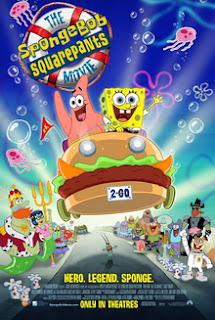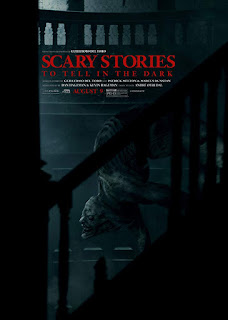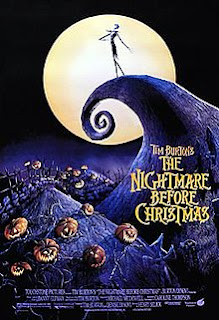Schindler's List (1993)
All it takes is a name. Names are
important, as well as history. One name that stands out in the realm
of entertainment is Steven Spielberg. And, in 1993, Spielberg made
released two films that garnered widespread acclaim. The first was
“Jurassic Park”: a technological triumph that shaped the modern
blockbuster. The other was a more personal tale about names in
general; it's called “Schindler's List”, and is often been
regarded as one of the greatest films ever made. And for good reason.
The movie chronicles the terrifying
experience during World War II known as the Holocaust: a horrifying
termination and forced forced relocation of hundreds and thousands of
Jews in Europe during this time frame. There were some who saved
these Jews from persecution, but there was one who did more: Oskar
Schindler. This movie showcases what he had to do in order to protect
those of the Hebrew faith.
The end result is a marvelous and
fantastic production that was gloriously shot in black and white
(with traces of color at the beginning and end), and treats its
subject material very seriously. Which can create some uneasiness
among viewers, but the experience will be more than enough to view
this three hour production.
The movie stars Liam Neeson as Oskar
Schindler, a man who seeing WWII unfold and tries his hardest to help
the Jews live and not die. Under the guidance of his accountant
Itzhak Stern (Ben Kingsley), who is also a Jew, Schindler must prove
to the Nazi's, including Amon Goeth (Ralph Fiennes), that these Jews
are people, and not just a race that needs to die.
“Schindler's List” is a great movie
that needs to be seen. But why?
For starters, the story is engaging and
immense. Despite the three hour run time, the pace moves at a
constant flow, and keeps the viewer interested. On top of this, the
movie knows when to slow down, and when to step up the action. Like
the eradication of Krakow where the most poignant scene occurs: a
girl in a red coat is running among a black and white scenery. This
infamous scene represents hope and faith in otherwise troublesome
times.
The acting is another key role that
makes this movie stand out. Liam Neeson and Ben Kingsley deliver
great performances, but it is Ralph Fiennes that steals the show as
the villainous Amon Goeth. Fiennes makes this character believable,
despite him being one of the bad guys.
The cinematography in this movie is
excellent. By filming the movie in black and white, the audience gets
a sense of realism, as well as authenticity due to the film's strong
sense of historical accuracy; this is from not only the sets and
scenery, but with the costumes, and other set pieces like the cars
and trains used. As stated earlier, there are only a few glimpses of
color including the beginning opening titles, the little girl in a
red coat, a candle being lit during the Sabbath, and the end with the
following dedication: In memory of the more than six million Jews
murdered.
John Williams' orchestration and score
is one the most thought-provoking and outstanding scores this man has
ever written.
Steven Spielberg's direction is
magnificent. From panning camera movements, to even times of when the
action feels like it was shot on a handheld, Spielberg knew how to
make the action stand out. Even with the actors, Spielberg knew how
to handle everything that was happening on set.
Finally, the most important thing to
take away from “Schindler's List” is the message: courage and
gratitude can from anywhere. Even it is from one individual. It's a
message that needs to be related in today's society, even if anyone
doesn't believe it.
In conclusion, “Schindler's List”
is a name of a movie that defies explanation. One or more people need
to see this film and just realize how important names can truly be in
the annals of history.




Comments
Post a Comment